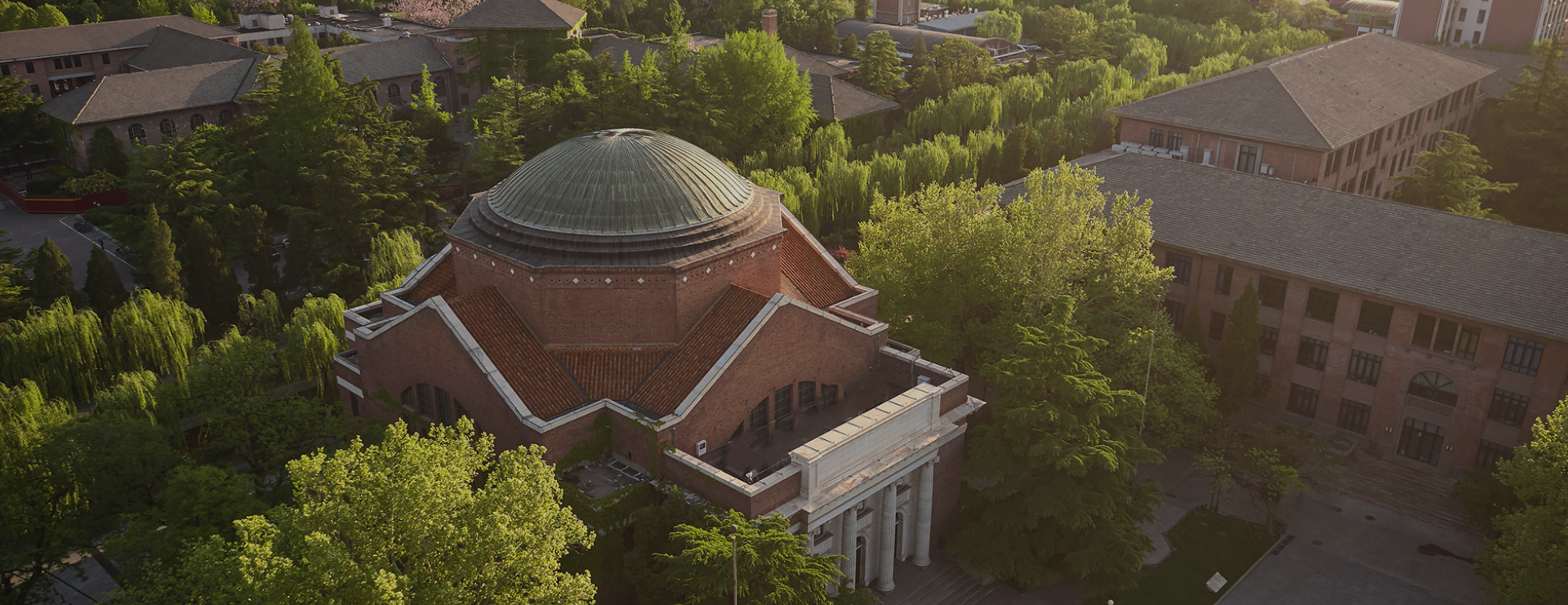President Xi Jinping has hailed the development of a new city outside Beijing as a “miracle” and ordered officials to speed up plans to relocate institutions from the capital.
Xi made the remarks on Wednesday as he inspected Xiongan New Area, a signature project first announced in 2017.
The goal is to relocate some state-run institutions, including state-owned enterprises and universities based in Beijing, to the site, which is about 100km (60 miles) southwest of Beijing, to ease the pressures caused by the capital’s large population.
The plan has been viewed with suspicion by some observers as the landlocked area is not close to any regional commercial hubs and there are few incentives for people to move there.
But during Wednesday’s tour, Xi hailed the decision to build this new district as “completely correct”, and praised the progress of the project as “solid and effective”.
“It is a miracle seeing the sophisticated modern city rising from the ground, considering these were achieved under challenging conditions as the world is undergoing major changes not seen in a century and the Covid-19 epidemic over the past three years. That is not easy,” Xi said, according to state news agency Xinhua.
Xi said the development of Xiongan was “a plan of a thousand years” and ordered officials to make a sustained effort to push it forward.
As sign of his determination to advance the project, Xi brought some of the country’s most senior figures with him, including three members of the Politburo Standing Committee – Premier Li Qiang, director of the General Office of the Communist Party’s Central Committee Cai Qi, and first Vice-Premier Ding Xuexiang.
Two Politburo members, the party’s new personnel chief Li Ganjie and Vice-Premier He Lifeng, were also present.
Xi was also accompanied by dozens of ministerial-level officials, who were ordered to start planning to transfer the headquarters of more state-owned enterprises and financial, research and public institutions from Beijing.
Last month party newspaper People’s Daily reported that more than 140 branches of national level state-owned enterprises had moved to the district, but there was no data so far on how many Beijing-based employees had relocated.
A report by Morgan Stanley in 2017 projected that the new district’s population could grow to up to 6.7 million in the future.
Xi also called for Xiongan to become a “fertile ground for innovation and business ventures” with efforts to build a world-class business environment that is market-oriented, law-based and internationalised.
Xie Maosong, a senior fellow of the Taihe Institute and a senior researcher at the National Institute of Strategic Studies at Tsinghua University, said Xi was “very determined” to make Xiongan successful.
Xie said Xiongan’s infrastructure was nearly ready, which meant Beijing-based institutions now had less excuse to stay in the capital. “The presence of the military in the meeting shows some military institutions will be moved too,” he added.
Deng Yuwen, a former deputy editor of the Study Times, the Central Party School’s official newspaper, said the presence of Premier Li and other top-ranking officials indicated the State Council would step up its efforts to relocate.
“Many have been dragging their feet. Beijing’s hukou [residence permit] is a precious resource as it gives access to China’s best hospitals, schools and other perks. No one wants to leave despite Beijing’s terrible congestion,” Deng said.
He added that the presence of Li Ganjie, the party’s personnel chief, suggested that those who supported Xiongan’s development and relocation from Beijing would be rewarded while those who did not would be removed.
Editor: Guo Lili

